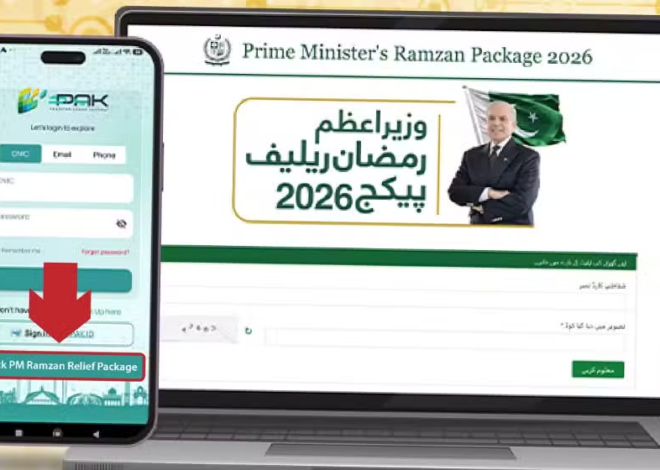
Tips for Staying Healthy and Eating Right During Ramadan Fasting
Ramadan is a holy month for Muslims around the world, where they fast from sunrise to sunset for 29-30 days. Fasting during Ramadan can be challenging, especially for those who are new to it or have health conditions. However, with proper planning and care, you can stay healthy and energized throughout the month. In this blog, we will discuss some tips for staying healthy and eating right during Ramadan fasting.

Plan Your Meals
Plan your meals before and after the fast to ensure you are getting all the necessary nutrients. During the pre-dawn meal, also known as Suhoor, it’s important to eat a balanced meal with complex carbohydrates, protein, and healthy fats. This will help keep you full and energized throughout the day. During the post-sunset meal, also known as Iftar, start with a light snack like dates and water, then move on to a balanced meal with plenty of fruits, vegetables, and protein.
Stay Hydrated
Drinking enough water is essential during the fasting period. Try to drink at least 8-10 cups of water between Iftar and Suhoor. You can also add some natural electrolytes like coconut water or electrolyte powder to your water to keep yourself hydrated.
Avoid Processed Foods
Processed and high-fat foods can leave you feeling sluggish and tired during the day. It’s important to focus on whole, nutrient-dense foods like fruits, vegetables, lean proteins, and complex carbohydrates. Avoid foods that are high in salt, sugar, and unhealthy fats.
Exercise
Although it may be tempting to skip exercising during the fasting period, regular exercise can help you stay energized and improve your overall health. Plan your exercise routine during the non-fasting hours or during the evening to avoid feeling tired during the day.
Get Enough Sleep
Getting enough sleep is crucial during the fasting period. It’s important to get at least 7-8 hours of sleep every day to keep your body functioning properly.
Seek Medical Advice
If you have any pre-existing health conditions or are taking any medication, it’s important to consult your doctor before starting the fast. Your doctor can give you personalized advice on how to stay healthy and safe during the fasting period.
In conclusion, staying healthy and eating right during Ramadan fasting requires careful planning and attention to your body’s needs. By following these tips, you can ensure that you stay energized, healthy, and focused throughout the month. Remember, fasting during Ramadan is an act of devotion, and taking care of your body is an important part of that devotion.








